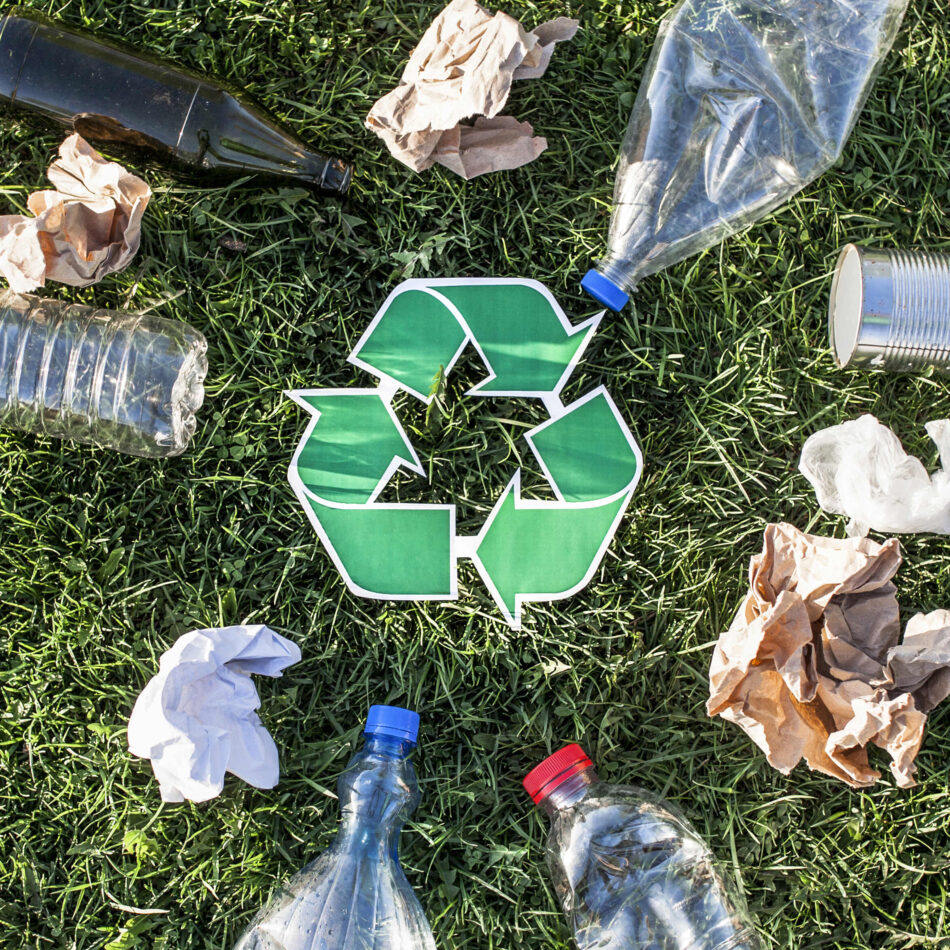In the fast-paced digital world, smartphones, tablets, laptops, and other electronic devices have become integral to daily life. Yet, with each new gadget released, millions of older devices are rendered obsolete, ultimately ending up as electronic waste or e-waste. In India, the surge in electronic consumption has led to a growing e-waste crisis. Fortunately, a transformative policy called EPR recycling is reshaping how the country tackles this challenge. Particularly, EPR e-waste regulations are now at the forefront of sustainable waste management.
What is EPR and Why Does It Matter?
Extended Producer Responsibility (EPR) is a policy approach under which producers are given a significant responsibility—financial and/or physical—for the treatment or disposal of post-consumer products. In the context of EPR in India, the government mandates that manufacturers and importers are responsible for collecting and recycling the electronic products they introduce into the market.
This policy ensures that companies cannot merely profit from sales; they must also contribute to reducing the environmental impact of their products once their lifecycle ends. EPR e-waste rules compel producers to manage their waste through registered recycling units and obtain an EPR certificate to validate their compliance.
The E-Waste Crisis in India
India is the third-largest generator of e-waste in the world, following China and the United States. According to a report by the Central Pollution Control Board (CPCB), India generated over 1.6 million tonnes of e-waste in 2021–22 alone. This number is expected to grow substantially with increasing digital adoption and shorter device life cycles.
Unfortunately, a significant portion of this e-waste ends up in informal sectors where it is dismantled in unsafe conditions, endangering both human health and the environment. Without proper EPR waste management, hazardous components like lead, mercury, and cadmium can contaminate soil and water, posing long-term ecological threats.
How EPR Recycling is Revolutionising E-Waste Disposal
The introduction of EPR e-waste regulations in India has initiated a major shift in how electronic waste is managed:
- Formalising the Recycling Ecosystem
By enforcing registration and monitoring, EPR in India helps formalise the e-waste recycling industry. Producers are required to partner with authorised recyclers who follow eco-friendly dismantling and processing methods. - Boosting Accountability
Through the issuance of EPR certificates, producers are held accountable for the end-of-life management of their products. These certificates are awarded only when a specified quantity of e-waste is scientifically processed by licensed recyclers. - Creating Circular Economies
Instead of linear consumption models, EPR promotes the concept of a circular economy—where raw materials are recovered and reused. This reduces dependency on virgin resources and minimises landfill waste. - Empowering Informal Sector Workers
Several EPR models aim to integrate informal waste pickers into formal systems by offering training and protective gear. This not only safeguards their health but also enhances collection efficiency.
The Role of EPR Plastic and Multi-Waste Handling
While EPR e-waste is gaining attention, EPR plastic is another crucial arm of India’s waste regulation efforts. With plastic pollution being equally rampant, the government’s EPR framework addresses both electronic and plastic waste simultaneously.
Many waste management companies now operate under a dual-licence model—handling both EPR plastic and electronic waste. This integrated approach enables economies of scale and encourages a holistic view of waste disposal.
The blending of both systems is especially relevant in cases where electronic packaging involves substantial plastic components. For example, smartphones often come with plastic casings, chargers, and accessories. Managing this EPR waste efficiently ensures nothing is left to harm the environment.
Challenges and the Road Ahead
Despite its promise, EPR in India is not without its challenges. Key issues include:
- Low Awareness: Many small producers and consumers are unaware of EPR e-waste rules or how to dispose of their electronics responsibly.
- Lack of Infrastructure: Rural and semi-urban areas often lack access to collection centres or certified recyclers.
- Monitoring Difficulties: Ensuring compliance and avoiding fraudulent EPR certificates can be tricky without a robust digital tracking system.
However, initiatives like the Centralised EPR Portal by the Ministry of Environment, Forest and Climate Change (MoEFCC) are streamlining registration, tracking, and certificate issuance processes.
Conclusion
India’s commitment to sustainable development and environmental protection is becoming clearer with each passing year, and EPR recycling plays a critical role in this journey. From discarded smartphones to defunct TVs, every piece of junk electronics now has a regulated path toward recycling, thanks to EPR e-waste norms.
As awareness grows and infrastructure strengthens, the future looks optimistic. Producers, consumers, and recyclers must collaborate to ensure that EPR waste management is not just a regulatory requirement but a national habit.
In the years to come, EPR in India could well become a global benchmark for responsible consumption and waste disposal, proving that even the most tech-hungry societies can also be the most sustainable.







